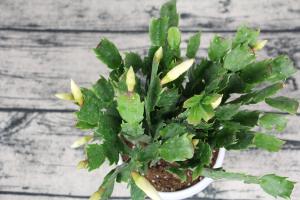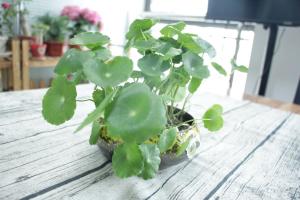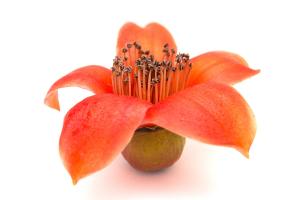What Shouldn't Be Planted Near Tomatoes
Tomatoes are a popular vegetable that gardeners love to grow in their backyard. They are easy to grow, and the fruit is delicious and nutritious. However, planting certain plants near tomatoes can have adverse effects on their growth and health. In this article, we will explore what plants shouldn't be planted near tomatoes and why.
The Nightshade Family
The nightshade family includes plants like peppers, eggplants, and potatoes. These plants should not be planted near tomatoes because they all share common pests and diseases. For example, tomato hornworms can easily move from a tomato plant to a pepper plant or vice versa. Additionally, some diseases, like tomato blight, can affect all the plants in the nightshade family. So planting them together increases the risk of spreading these diseases and pests.
Walnut Trees
Walnut trees produce a chemical called juglone, which can be toxic to many plants, including tomatoes. Tomatoes planted near walnut trees may show signs of wilting, yellowing, and stunted growth. Juglone is toxic to the roots of plants, and tomatoes planted too close to walnut trees can absorb dangerous levels of juglone. It's best to keep tomato plants at least 50 feet away from a walnut tree to avoid any damage or wilting.
Brassica Vegetables
Brassica vegetables, like broccoli, cauliflower, and cabbage, are known to attract a pest called the cabbage worm. These green worms can chew through the leaves of tomato plants, causing significant damage. Planting brassica vegetables near tomatoes increases the risk of attracting these pests and causing damage to the tomato leaves. It's best to keep these vegetables away from tomatoes.
Companion Plants for Tomatoes
While there are some plants that shouldn't be planted near tomatoes, there are also some plants that can benefit the growth and health of tomato plants. For example, basil is a great companion plant for tomatoes. Basil can help deter pests like whiteflies and aphids, and it can also improve the flavor of the tomatoes. Marigolds are also a great companion plant because they help repel pests like nematodes and can add a pop of color to your garden.
Conclusion
Tomatoes are a delicious and nutritious vegetable that can be a great addition to your garden. However, planting the wrong types of plants near tomatoes can cause damage and reduce their growth and health. By avoiding plants like those in the nightshade family and walnut trees, you can ensure your tomatoes stay healthy and strong. Additionally, incorporating companion plants like basil and marigolds can help promote healthy growth and deter pests. Happy gardening!

 how many times do yo...
how many times do yo... how many planted tre...
how many planted tre... how many pine trees ...
how many pine trees ... how many pecan trees...
how many pecan trees... how many plants comp...
how many plants comp... how many plants can ...
how many plants can ... how many plants and ...
how many plants and ... how many pepper plan...
how many pepper plan...





























